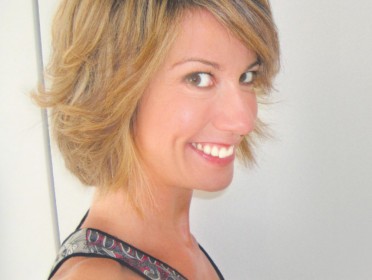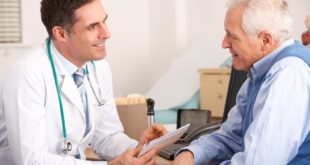
We’ve all done it: had a health query and jumped online to find out more. But when Charlotte MacNeil, 36, did it she managed to persuade herself she had “mad cow” disease.
“I moved to the UK in the 1990s, when hysteria surrounding Creutzfeldt-Jakob disease (CJD), the human strain of the disease, was at its height,” she says. “I’d spend hours reading about it online and, even though most of what I read was speculation, I convinced myself I had it. It became so bad, my doctor put me on antidepressants to get me over my morbid obsession.”
A recent survey by Epilepsy Action Australia (EAA) found 62 per cent of people now prefer looking online for health information.
“We spend more time online in all areas of life; it’s inevitable that includes health,” says Carol Ireland, CEO of EAA. And as Dr Steve Hambleton, president of the Australian Medical Association (AMA), adds, “It’s also cost. People think they’re saving $80 by not visiting their GP.”
But the cost to their health could be higher, as MacNeil discovered.
“One of the hardest things to do in medicine is make a diagnosis,” Hambleton says. “Doctors train for 10 years before they do this independently. They ask questions about you, your family and risk factors, and carry out tests. You can’t do that online.”
Hambleton quotes recent British research that questioned 1000 women and found almost half had self-medicated after researching a condition online.
One in four had misdiagnosed themselves, with one in 10 experiencing unpleasant side effects from the wrong medication.
Avoid greater risks
Side effects aren’t the only concern. In 1997, the AMA released details of an elderly NSW couple who took their own lives because the wife wrongly self-diagnosed herself with terminal cancer online.
“It’s true doctors can misdiagnose, too,” Hambleton says. “But not at the same rate. They can get a second opinion and they also know about medication complications.
“Take thrush. Many women wrongly self-diagnose this and take fluconazole, which carries a rare risk of death. Do you really want to take it if you don’t need to? Taking a swab is the only way to diagnose thrush. Your computer can’t do that.”
Celia Boyer, executive director of Health On The Net (HON), a not-for-profit foundation accredited to the UN, is blunt: “Information on the web should not be used to diagnose oneself.” HON runs a certification program for health websites and has its own search engine for certified sites.
“The quality of health and medical information on the internet is uneven,” Boyer says. “Trustworthy information exists side by side with false, misleading or commercially biased material. A quality label, such as the HON code, can guide users towards accurate information.”
Hambleton says: “If a site is run by something you recognise outside of the internet, such as a government organisation, it’s probably okay.”
Stay vigilant
Make sure a site is not trying to sell you something, and beware of “miracle” cures. Hambleton does believe in harnessing the power of the internet – but only after your doctor has made a diagnosis.
“The internet is more useful for research than doctoring,” he says. “I don’t have a problem with a patient becoming more of an expert than me. But let’s use the internet to educate, not diagnose.”
EAA has launched an online academy with several courses atwww.epilepsy.org.au. “Some count towards continuing professional development for doctors,” Ireland says. “And there’s a classroom module for teachers and workplaces. We have online seizure diaries and medication reminders are also sent to people’s smartphones.”
Ireland says the rollout of the national broadband network will further expand their reach, with registered nurses able to treat people remotely via Skype.
“We’re a small organisation and couldn’t run a national service – until now,” she says. “For 60 years, we’ve been face to face in the community, but people are going online, so we had to.
“The internet shouldn’t replace your GP, but it is helpful.”
Boyer adds, “Understanding health issues is an important part of the healing process and the web is great for that. But your GP should guide you to trustworthy information. The internet is not well regulated, so users should be vigilant.”
Website checklist
- Who runs it? Medical and government organisation websites are more reliable than those run by companies seeking commercial gain.
- What does it say? Comparing information can highlight discrepancies.
- Pros and cons? Side effects of medication and treatment should be given, along with drug interactions.
- Is it sponsored? If so, it could be biased.
- Does something sound too good to be true? It probably is.
Source: bodyandSoul
 We are sharing information for knowledge. Presented by. SocialDiary.Net
We are sharing information for knowledge. Presented by. SocialDiary.Net



